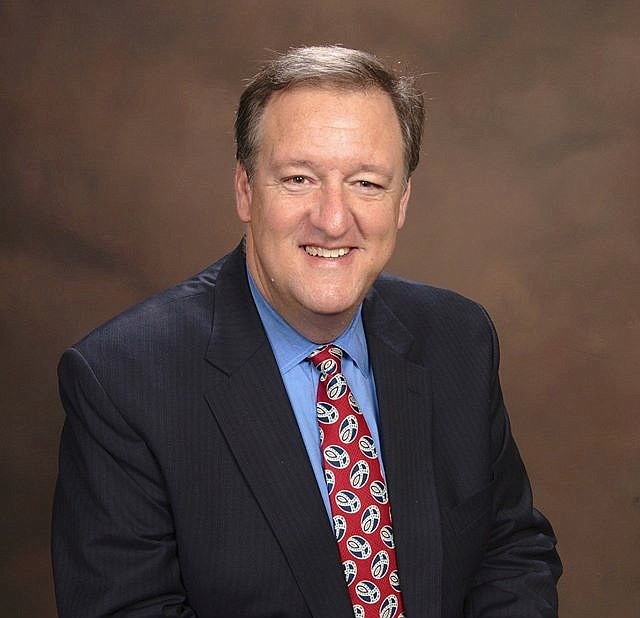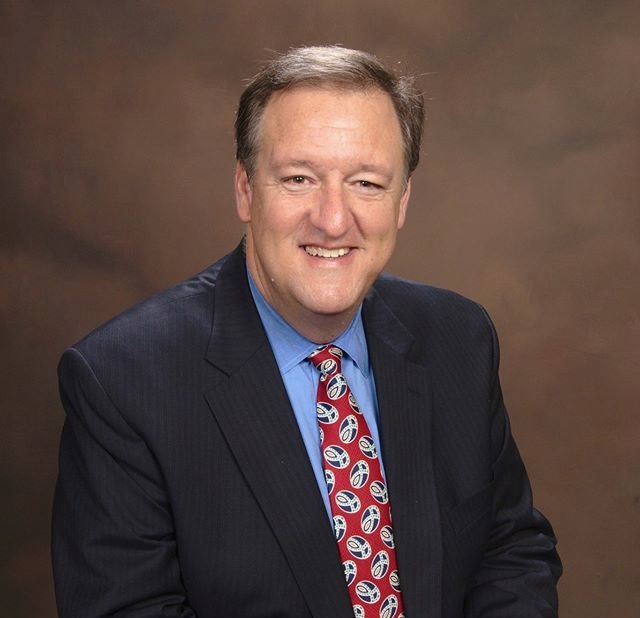Saddle Ridge Middle School teacher Jim Barrett "has no one but himself to blame" for not speaking to the Walker County Schools board about his opposition to the district's new "standards-based" grading system and other matters.
That's the school district's response to the lawsuit Barrett filed in March in U.S. District Court in Rome, Ga. That lawsuit said school Superintendent Damon Raines made it so difficult for Barrett to speak at the school board's regular meeting on Feb. 17 that his constitutional rights were violated.
But that school board meeting was canceled, anyway, because of bad weather, according to the 64 pages of legal documents filed by the school district's longtime attorney, Ronald Womack, of LaFayette. And Barrett could have spoken at the school board's next meeting.
"[Barrett] was placed on the agenda for public comment for the board meeting on March 10," Womack's motion stated. "Without any notice to the superintendent or the board, [Barrett] did not appear."
Barrett's lawsuit said that, while Raines offered to let Barrett speak at the board's March 10 planning meeting, the superintendent "would not let Mr. Barrett speak at a regular full board meeting." But Womack wrote that there's no meaningful difference between a planning and regular board meeting.
Barrett is being represented by attorneys Gerry Weber and Craig Goodmark of the Georgia Association of Educators, the statewide teachers association. Barrett is president of the Walker County Education Association, the local teachers association.
"We really don't have any comment at this point," Weber said. "There was nothing unexpected in their response. We'll file our reply."
Barrett's lawsuit also seeks to have the board's comment policy struck down as unconstitutional. Addressing the board requires meeting with the superintendent and then sending a written request a week before the meeting. It's overly restrictive and makes speaking at the meetings almost impossible, Barrett's attorneys say.
But the school district's response says there's nothing unconstitutional about the comment policy.
"The board has plainly chosen to channel concerns and complaints through the more efficient mechanism of meeting with the superintendent, since he is the one with the authority to take remedial action," it reads. "It is plain that the board's meetings, not being parks or public streets, are not a traditional public forum."
Barrett and his attorneys have until June 10 to respond to the school district's arguments.
Contact staff writer Tim Omarzu at tomarzu@timesfreepress.com or www.facebook.com/tim.omarzu or twitter.com/TimOmarzu or 423-757-6651.

